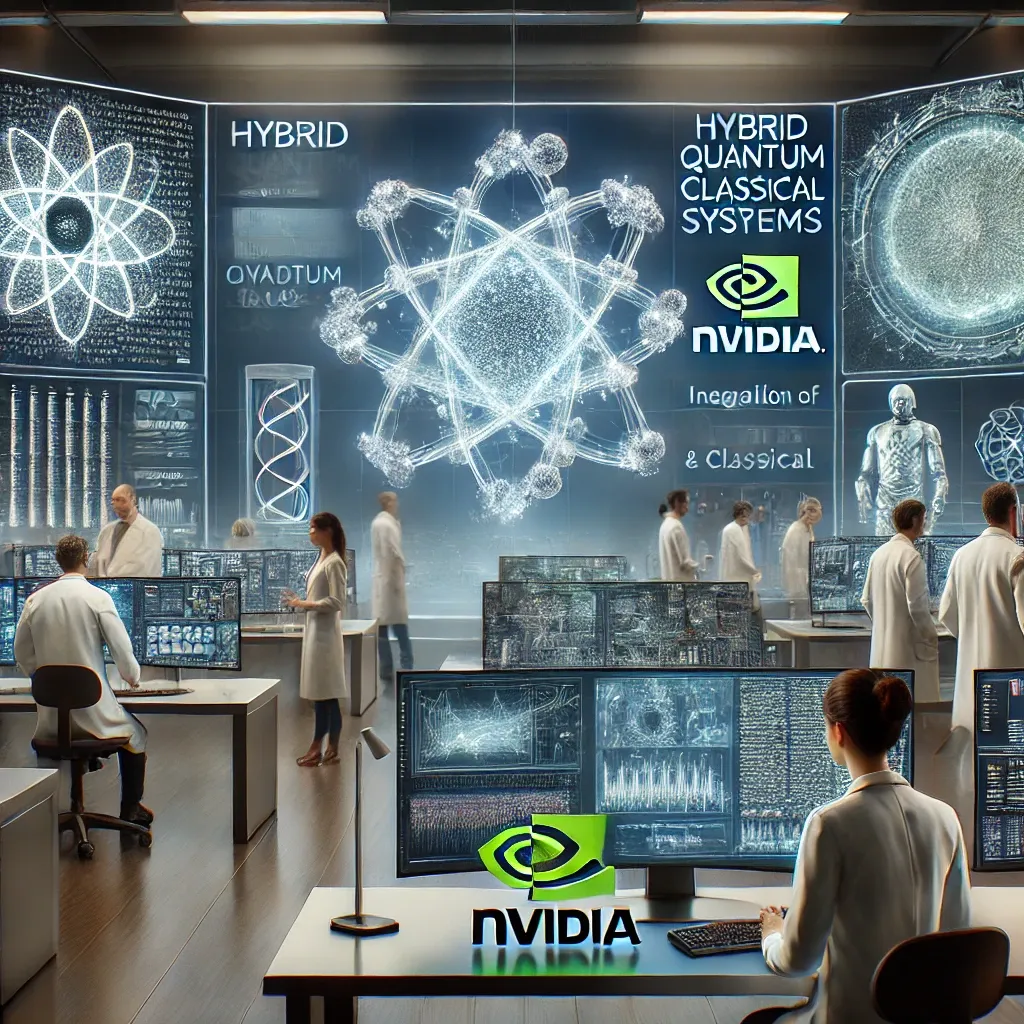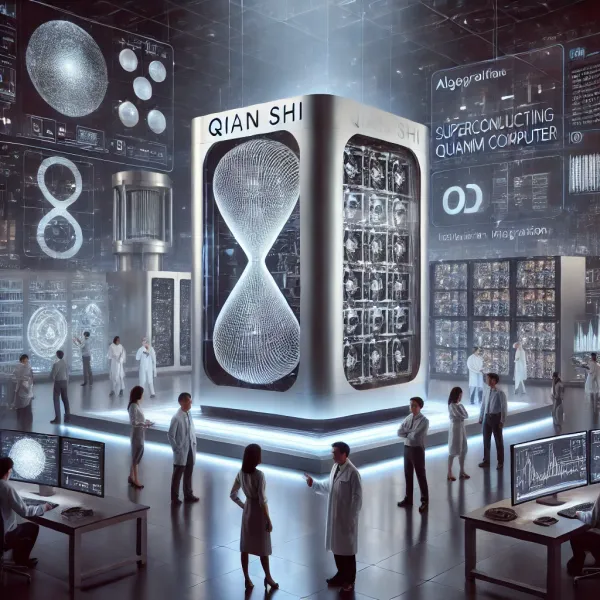🆓NVIDIA’s QODA: A Practical Approach to Hybrid Quantum-Classical Computing
NVIDIA recently introduced its Quantum Optimized Device Architecture (QODA), a unified computing platform designed to bridge the gap between quantum and classical computing.

NVIDIA recently introduced its Quantum Optimized Device Architecture (QODA), a unified computing platform designed to bridge the gap between quantum and classical computing. By creating a space where both computing types can operate in tandem, NVIDIA aims to make advanced computing applications accessible to researchers, developers, and industries, enhancing fields like scientific research and artificial intelligence (AI).
How QODA Works and Its Implications
At its core, QODA is a hybrid platform that allows developers to work within one unified environment, integrating quantum and classical resources seamlessly. This approach is significant because quantum computing, while powerful, is still limited in practical applications and accessibility. By enabling developers to run hybrid programs, QODA removes some of the barriers to exploring quantum’s potential, allowing teams to benefit from quantum’s processing power in specific applications without requiring a complete transition.
In fields such as climate modeling, AI, and healthcare research, these hybrid systems could help overcome limitations faced by classical computing alone. For example, scientific researchers working with massive datasets can use QODA to optimize portions of their calculations on quantum systems, potentially leading to faster simulations and enhanced predictive models.
Potential Benefits for AI Development
One of QODA’s most compelling applications is in AI development. AI processes often require enormous computational resources, especially for model training and data analysis. Quantum computing offers a way to speed up these computations by handling complex algorithms more efficiently. In AI research, hybrid quantum-classical systems could allow faster iterations in model training, enabling researchers to test and improve models more rapidly.
QODA also opens new avenues in AI for processing and analyzing unstructured data. Quantum computing’s unique properties make it well-suited to optimization problems, potentially improving how AI models handle tasks like pattern recognition, large-scale data clustering, and machine learning. This integration could pave the way for AI systems that can process and analyze vast datasets faster and with more accuracy, benefiting fields like natural language processing and computer vision.
Addressing Real-World Challenges with Hybrid Computing
NVIDIA’s QODA platform offers practical value by aligning quantum resources with classical infrastructure, which is already in place across various industries. In sectors like finance, QODA could help institutions optimize algorithms for risk analysis and portfolio management, particularly where real-time data requires continuous updates. In drug discovery, QODA could facilitate complex molecule simulations, potentially reducing the time and cost associated with medical research.
The hybrid approach also addresses one of quantum computing’s main challenges: accessibility. Since quantum computing requires specialized skills and infrastructure, many industries find it difficult to justify the investment. QODA allows companies to start using quantum resources without the need to overhaul their systems or bring on highly specialized quantum experts, making the technology more practical for broader adoption.
NVIDIA’s Role in the Future of Computing
NVIDIA’s focus on bridging quantum and classical computing shows a pragmatic approach to integrating emerging technologies without requiring industries to take major operational risks. Instead of pushing for full quantum adoption, QODA allows companies to leverage quantum resources selectively, complementing their existing setups and meeting specific, data-intensive needs.
As computing demands grow, especially in AI, NVIDIA’s QODA could help industries explore quantum computing’s potential without requiring drastic changes to their infrastructure. By making advanced computational resources more accessible, QODA may serve as a model for how quantum technologies can evolve in tandem with classical computing, driving innovation in science, research, and everyday applications.




